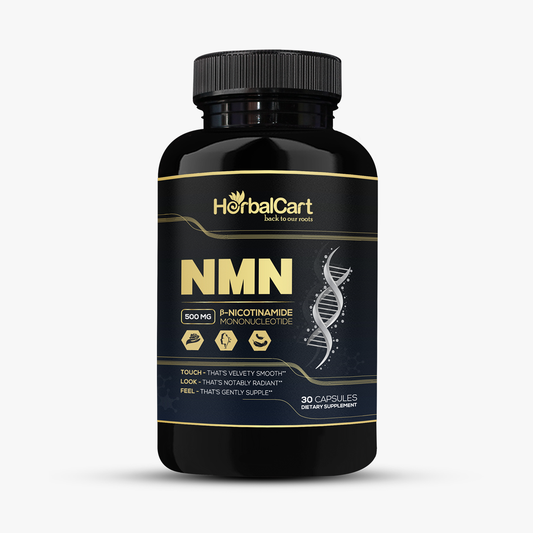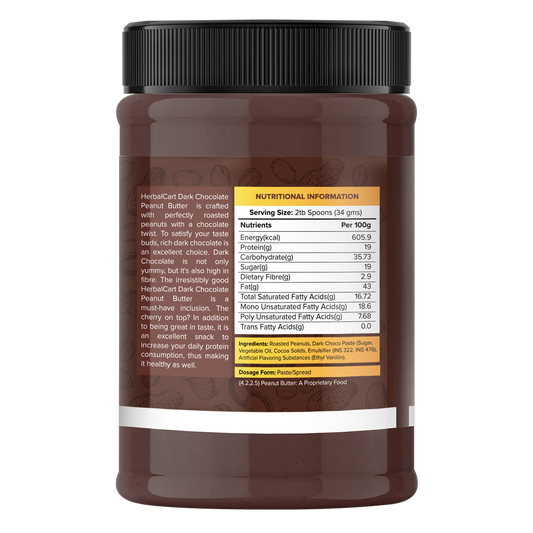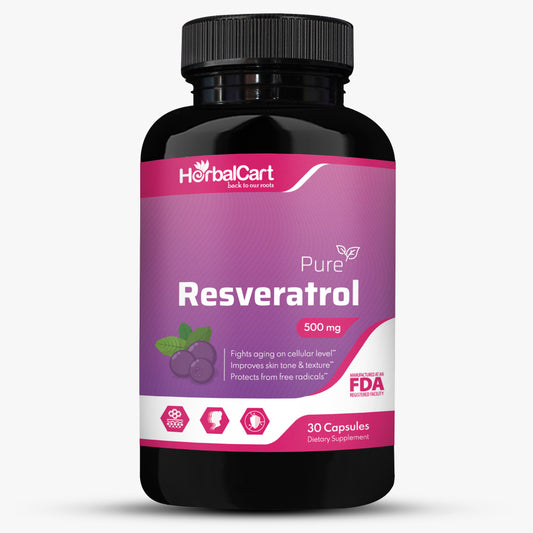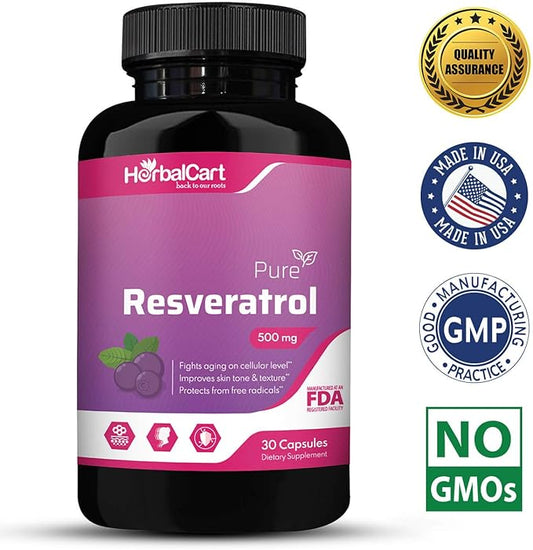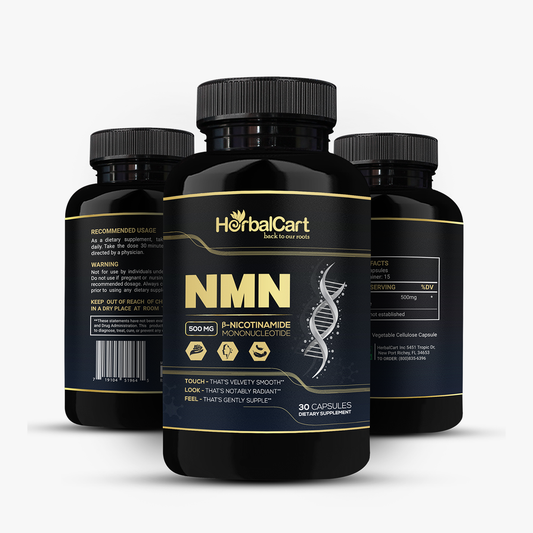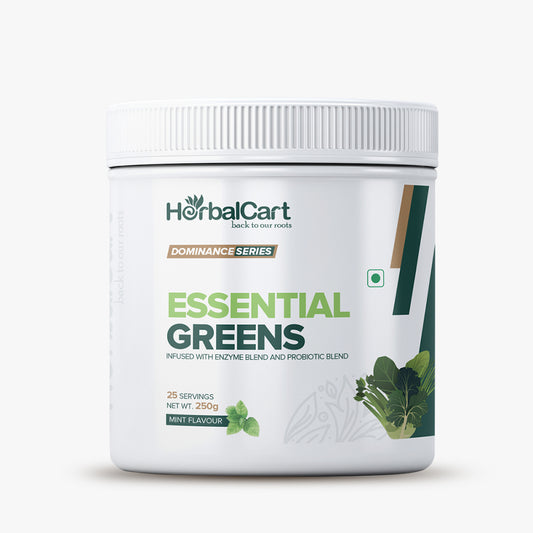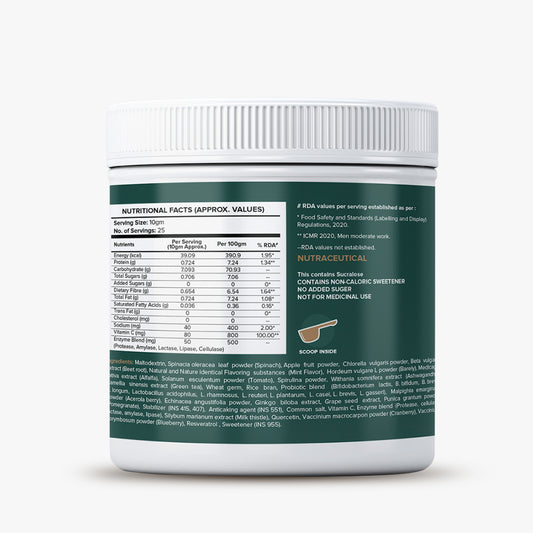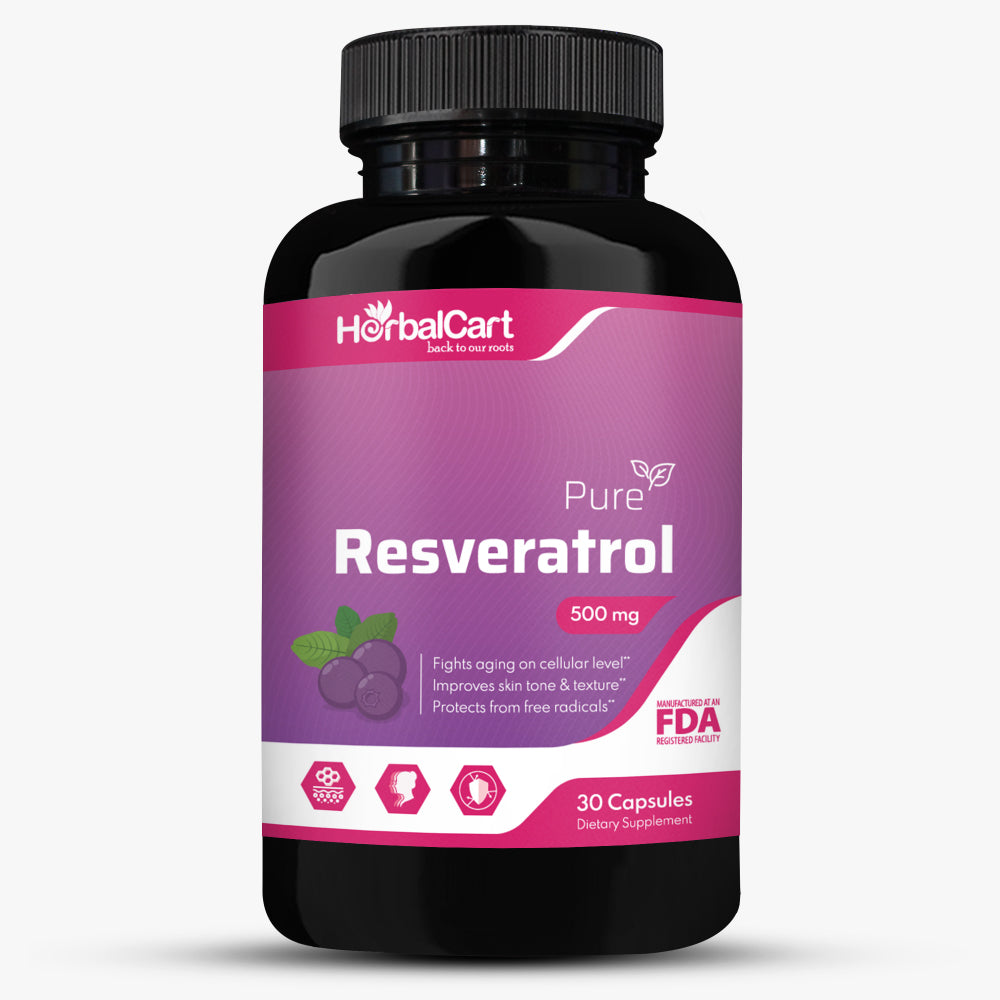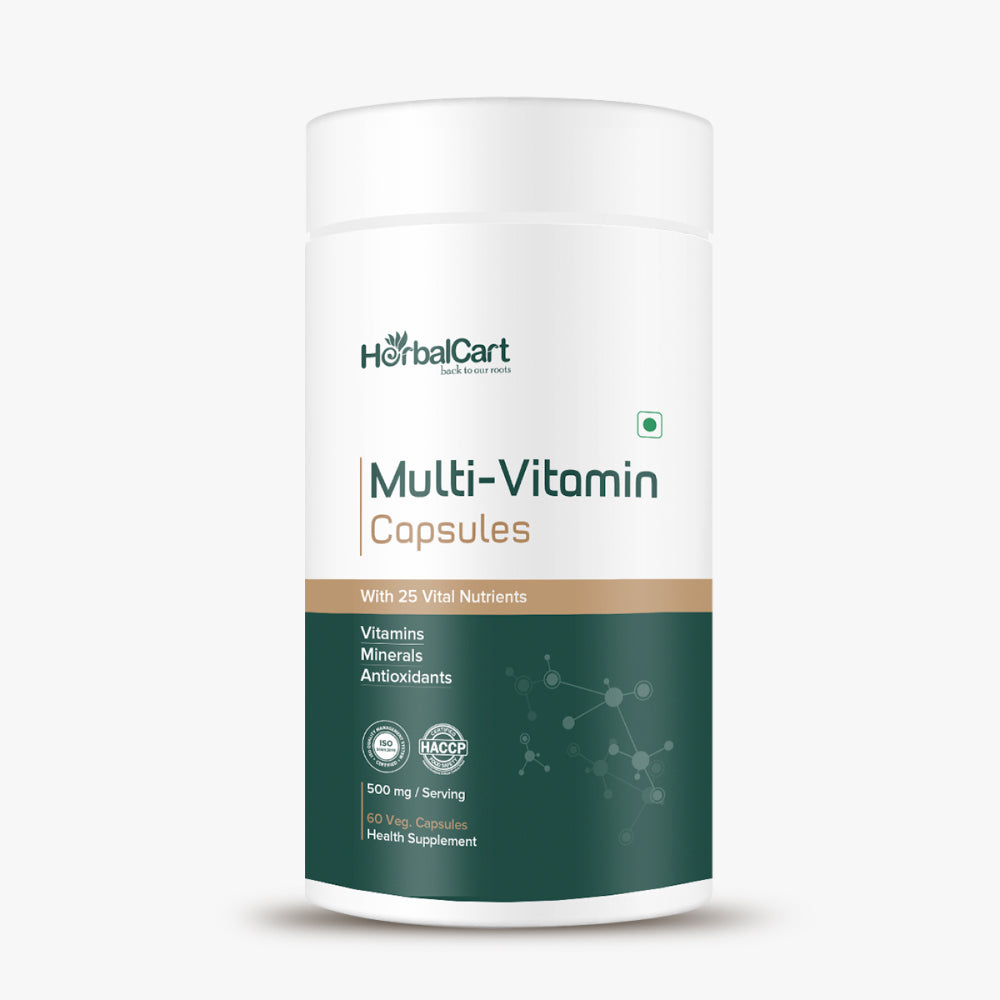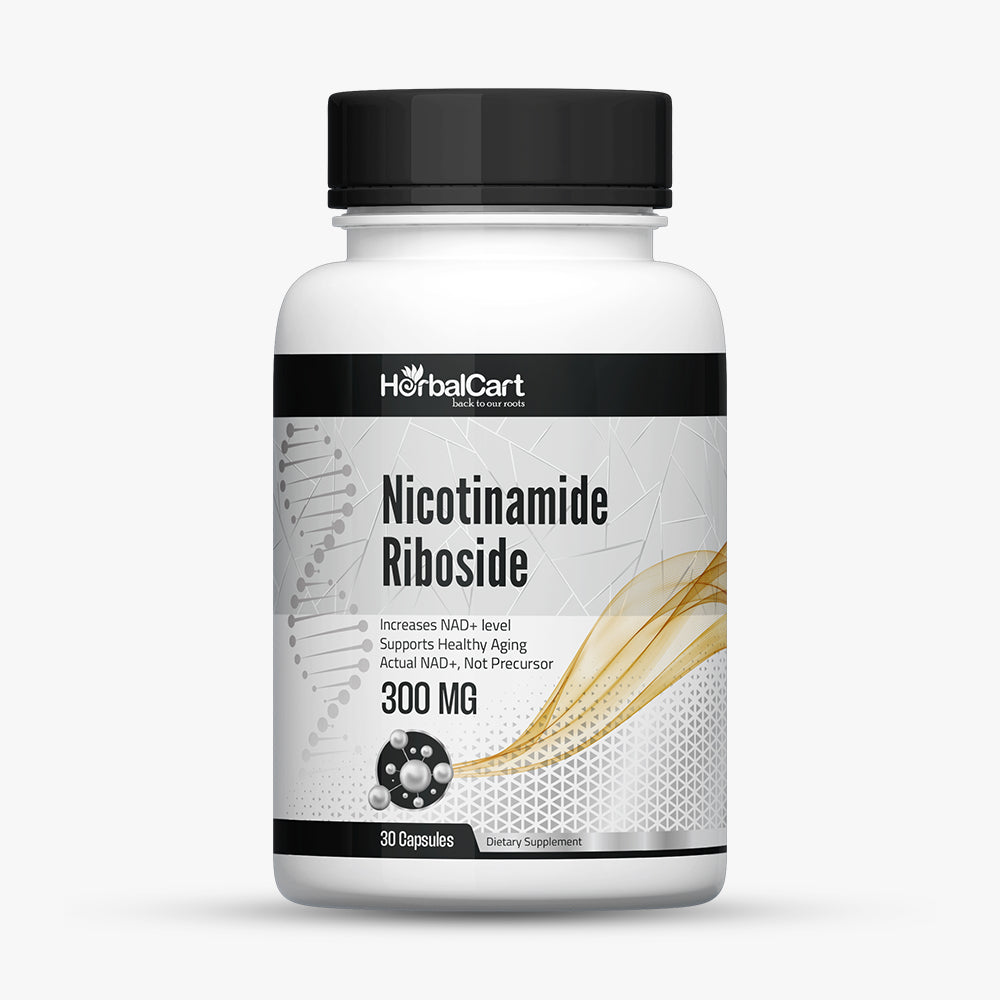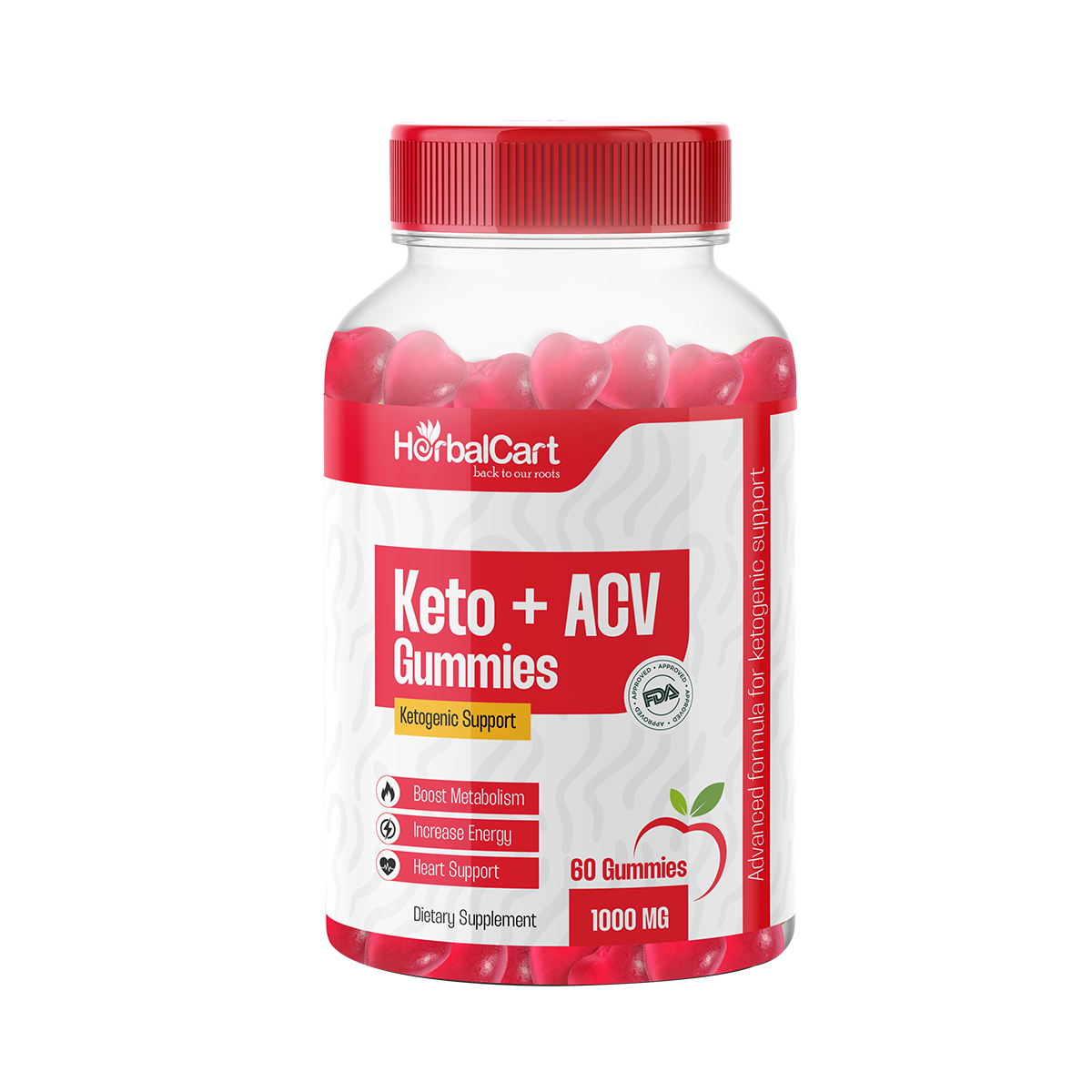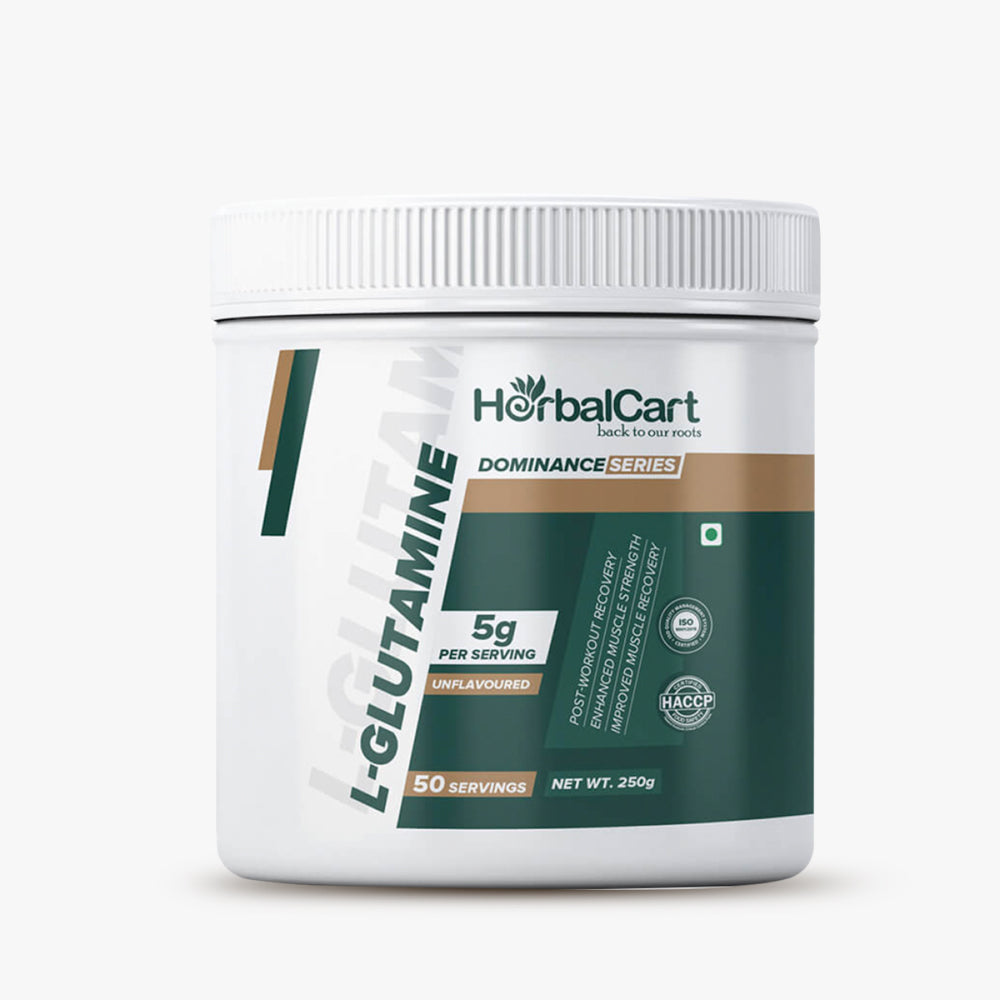Magnesium is one of the most essential minerals in the body. It involves hundreds of processes that regulate muscle function, nerve activity, blood pressure, blood sugar, bone health, and energy production. Many people do not get enough magnesium through diet alone, so supplementation is often necessary.
Among the many magnesium supplements, magnesium glycinate and magnesium citrate are two of the most commonly used. They are both well absorbed and widely recommended, but they work differently in the body and are often used for different health concerns.
This article explains the difference between magnesium glycinate and magnesium citrate, how they work, who they are best suited for, and how to use them properly. Whether your goal is better sleep, stress management, improved digestion, or simply meeting your daily magnesium needs, understanding these two forms can help you make the best choice for your health.
What Is Magnesium Glycinate
Magnesium glycinate is a form of magnesium bound to the amino acid glycine. Glycine is a calming amino acid that supports healthy neurotransmitter activity and helps the body relax. When magnesium is attached to glycine, it becomes easier for the body to absorb and less likely to cause digestive issues.
This form is handy for people who need long-term magnesium supplementation. It is commonly used for stress relief, anxiety, muscle cramps, tension, and insomnia. Magnesium glycinate is considered a safe and effective option for regular use because it is easy on the stomach and does not usually cause bowel changes.
What Is Magnesium Citrate
Magnesium citrate is a compound made from magnesium and citric acid. Citric acid enhances magnesium's solubility, improving its absorption in the small intestine. Magnesium citrate is best known for its mild laxative properties, which help draw water into the intestines to soften stool and promote bowel movements.
This form is commonly used to relieve occasional constipation and to clear the bowels before medical procedures like colonoscopies. It is available in liquid, powder, and capsule forms, with the liquid and powder working more quickly when mixed with water.
While magnesium citrate is also well absorbed, its digestive effects make it less suitable for people with sensitive stomachs or those needing daily magnesium for unrelated digestion reasons.
Comparing Magnesium Glycinate and Magnesium Citrate
Both magnesium glycinate and magnesium citrate supply magnesium to the body but differ in purpose, comfort, and how the body responds.
Absorption and Bioavailability
Both forms are well absorbed, especially compared to older forms like magnesium oxide. However, magnesium glycinate has an edge in bioavailability for long term use because it stays in the body longer and does not lead to rapid elimination through bowel movements. Magnesium citrate is also effective, but if it causes diarrhea, much of the magnesium may be lost before it is absorbed.
Digestive Tolerance
Magnesium glycinate is easier on the digestive system and unlikely to cause cramping, bloating, or loose stools. It is a preferred option for individuals with irritable bowel syndrome, chronic digestive conditions, or general digestive sensitivity.
Magnesium citrate, while helpful for constipation, can lead to gastrointestinal discomfort. It may cause urgent bowel movements, gas, or abdominal cramping, especially when taken in higher doses or on an empty stomach.
Health Goals and Applications
Magnesium glycinate is commonly used for:
- Improving sleep quality
- Reducing stress and anxiety
- Managing chronic tension or muscle cramps
- Supporting migraines, fibromyalgia, or restless leg syndrome
- Ongoing magnesium maintenance without digestive side effects
Magnesium citrate is often used for:
- Occasional constipation relief
- Digestive sluggishness or irregularity
- Bowel cleansing before medical procedures
- Short term correction of low magnesium levels
- Faster onset of digestive effects
Who Should Take Magnesium Glycinate
Magnesium glycinate is a good choice for individuals who want to increase their magnesium intake without disrupting their digestion. It is especially suitable for:
- People with difficulty falling or staying asleep
- Those experiencing muscle cramps or chronic muscle tightness
- Individuals with anxiety or high levels of daily stress
- Anyone who has had side effects from other forms of magnesium
- People who plan to take magnesium consistently for long term benefits
Because of glycine’s calming effect, this form is often taken in the evening as part of a sleep or relaxation routine. It can also be paired with other nighttime supplements, such as melatonin or herbal sleep aids, depending on personal health needs and preferences.
Who Should Take Magnesium Citrate
Magnesium citrate is best suited for people who need short term digestive support or are preparing for a medical procedure. It is commonly recommended for:
- Individuals dealing with constipation
- People who have not had a bowel movement in several days
- Patients undergoing procedures that require bowel cleansing
- Occasional use when dietary changes do not resolve irregularity
- People who prefer magnesium in powder or liquid form for faster action
Although it is effective, magnesium citrate should not be taken every day unless advised by a doctor. Frequent use as a laxative can lead to dehydration, electrolyte imbalances, or dependence on bowel stimulants.
Proper Dosage and Use
Magnesium Glycinate
For general use, most adults take between 200 and 400 milligrams of elemental magnesium per day. The dose is often divided between morning and evening to improve absorption and reduce any chance of side effects. This form can be taken with or without food, though many people find it gentler when taken with a meal.
Magnesium Citrate
For constipation, the typical dose ranges from 195 to 300 milligrams of elemental magnesium, usually taken in liquid form. The powder version can be mixed with water or juice and should be followed by a full glass of fluid. Effects typically begin within 30 minutes to 6 hours. For regular magnesium supplementation, a lower daily dose may be used, but digestive effects should be monitored closely.
Always consult a qualified healthcare provider to determine the best dose and form for your individual needs, especially if you have underlying health conditions or take prescription medications.
Side Effects and Safety Considerations
Magnesium is generally safe when used properly, but each form has its own potential side effects.
Magnesium glycinate side effects may include:
- Mild drowsiness
- Light digestive upset when taken without food
- Interactions with medications like antibiotics or blood pressure drugs
Magnesium citrate side effects may include:
- Diarrhea or loose stools
- Stomach cramping or gas
- Electrolyte imbalances if used excessively
- Dehydration in older adults or when fluid intake is low
People with kidney disease should not take magnesium supplements without medical supervision, as the kidneys are responsible for clearing magnesium from the body. If you experience any unusual symptoms or persistent discomfort after taking magnesium, consult your healthcare provider.
How to Choose the Right Form
When choosing between magnesium glycinate and citrate, consider your main reason for supplementation and how your body reacts to different products.
Choose magnesium glycinate if you:
- Need long term magnesium support
- Have issues with sleep or frequent stress
- Experience tight muscles or cramps
- Are sensitive to digestive disturbances
Choose magnesium citrate if you:
- Need to relieve occasional constipation
- Are preparing for a medical procedure
- Want a form that works quickly
- Prefer magnesium in liquid or powder format
Frequently Asked Questions
Can magnesium glycinate and citrate be taken together
Yes, many people use both forms depending on their needs. For example, you can take glycinate regularly for sleep or muscle support and use citrate occasionally when constipation arises. Always monitor total magnesium intake to stay within safe limits.
Which form is better for sleep and anxiety
Magnesium glycinate is better for calming the nervous system and is commonly used to promote restful sleep and reduce anxiety.
Is it safe to take magnesium citrate daily
Magnesium citrate can be taken daily at lower doses, but frequent use of high doses for constipation may cause dependence or disrupt fluid balance. It is best used occasionally unless a doctor advises otherwise.
What time of day should magnesium be taken
Magnesium glycinate is usually taken in the evening to support relaxation. Magnesium citrate is often taken in the morning or early afternoon, especially if being used for digestion.
Does either form interact with medications
Yes. Magnesium may affect the absorption of certain antibiotics, thyroid medications, or heart drugs. Always take magnesium supplements at least two hours apart from other medications and consult your doctor before starting a new product.
Conclusion
Magnesium glycinate and magnesium citrate are two trusted forms of magnesium with very different applications. Magnesium glycinate is best for supporting the nervous system, improving sleep, reducing muscle tension, and managing stress. Magnesium citrate works well for digestive support and short term relief from constipation.
Both forms are effective when used correctly, but your choice should be based on your health goals, how your body responds, and whether you plan to take magnesium regularly or only as needed. Before starting any supplement, speak with your healthcare provider to ensure the form and dose are right for you.





